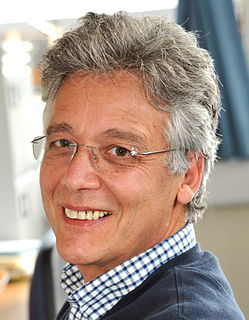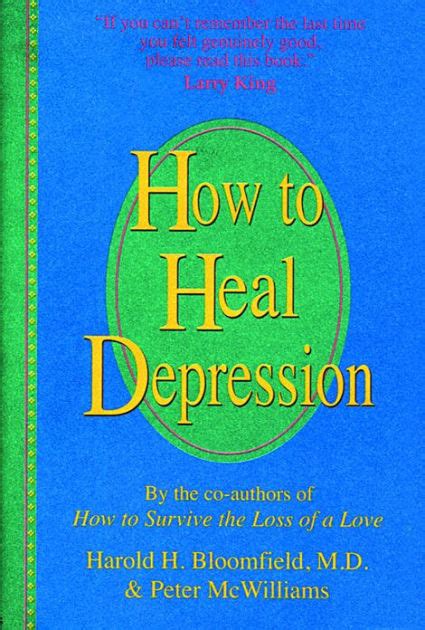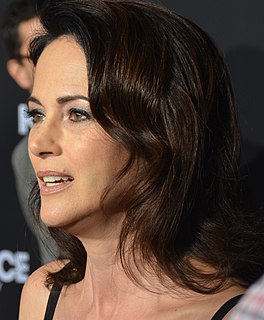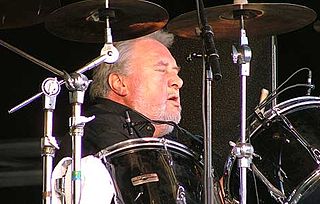A Quote by Claire Wineland
I've struggled more with guys, depression drugs, family and career than I ever have with my illness. I'm not an innocent and I'm not a child.
Related Quotes
Depression is not caused by a chemical imbalance in the brain, and it is not cured by medication. Depression may not even be an illness at all. Often, it can be a normal reaction to abnormal situations. Poverty, unemployment, and the loss of loved ones can make people depressed, and these social and situational causes of depression cannot be changed by drugs.
This story ["The Depressed Person"] was the most painful thing I ever wrote. It's about narcissism, which is a part of depression. The character has traits of myself. I really lost friends while writing on that story, I became ugly and unhappy and just yelled at people. The cruel thing with depression is that it's such a self-centered illness - Dostoevsky shows that pretty good in his "Notes from Underground". The depression is painful, you're sapped/consumed by yourself; the worse the depression, the more you just think about yourself and the stranger and repellent you appear to others.
The state is now more involved than it ever has been in the raising of children. And children are now more neglected, more abused and more mistreated than they have been in our time. This is not a coincidence. This is not a coincidence. And with all due respect, I am here to tell you it does not take a village to raise a child. It takes a family to raise a child.
People get sick and sometimes they get better and sometimes they don't. And it doesn't matter if the sickness is cancer or if it's depression. Sometimes the drugs work and sometimes they don't. Sometimes the drugs work for a while and then they stop. Sometimes the alternative stuff works and sometimes it doesn't. And sometimes you wonder if no outside interference makes any difference at all; if an illness is like a storm, if it simply has to run its course and, at the end of it, depending on how robust you are, you will be alive. Or you will be dead.
Depression is a serious problem, but drugs are not the answer. In the long run, psychotherapy is both cheaper and more effective, even for very serious levels of depression. Physical exercise and self-help books based on CBT can also be useful, either alone or in combination with therapy. Reducing social and economic inequality would also reduce the incidence of depression.





































